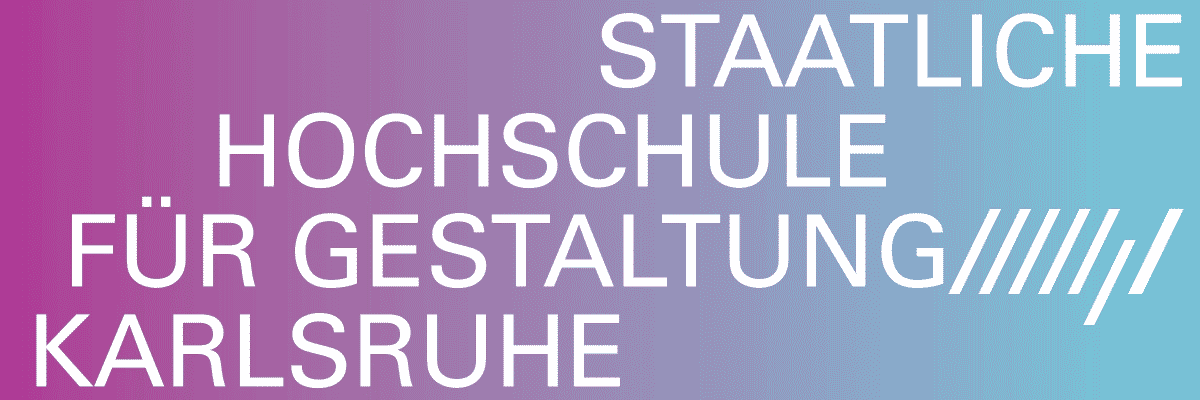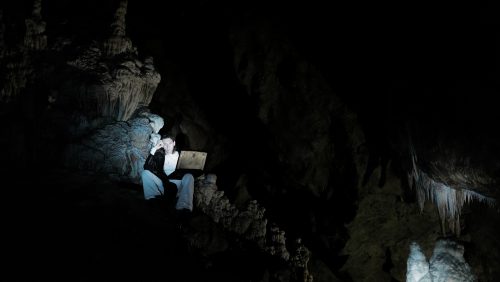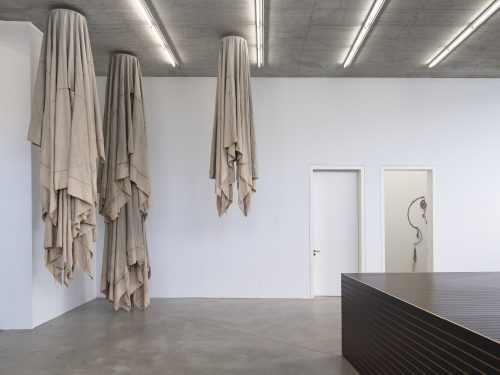
Chloé Quenum
wonder wander

Exhibition view wonder wander, Galerie Florence Loewy, 2023 Courtesy of the artist & Galerie Florence Loewy, Paris / Photo: © Aurélien Mole
Advertisement

Exhibition view wonder wander, Galerie Florence Loewy, 2023 Courtesy of the artist & Galerie Florence Loewy, Paris / Photo: © Aurélien Mole

Exhibition view wonder wander, Galerie Florence Loewy, 2023 Chloé Quenum, Une sieste à Porto-Novo, 2022 / Leeway, 2013 Courtesy of the artist & Galerie Florence Loewy, Paris / Photo: © Aurélien Mole

Exhibition view wonder wander, Galerie Florence Loewy, 2023 Chloé Quenum, 19 juillet 2019, 2022 / Irène, 2018 Courtesy de l'artiste & Galerie Florence Loewy, Paris / Photo : © Aurélien Mole

Chloé Quenum, Donne du repos à ton corps, que ton poumon souffle doucement car mes yeux sont sur toi, 2016 / Kan, 2007 Courtesy of the artist & Galerie Florence Loewy, Paris / Photo: © Aurélien Mole

Exhibition view wonder wander, Galerie Florence Loewy, 2023 Courtesy of the artist & Galerie Florence Loewy, Paris / Photo: © Aurélien Mole

Chloé Quenum, Irène, 2018 Courtesy of the artist & Galerie Florence Loewy, Paris / Photo: © Aurélien Mole

Chloé Quenum, Donne du repos à ton corps, que ton poumon souffle doucement car mes yeux sont sur toi, 2016 / Kan, 2007 Courtesy of the artist & Galerie Florence Loewy, Paris / Photo: © Aurélien Mole

Chloé Quenum, 19 juillet 2019, 2022 Courtesy of the artist & Galerie Florence Loewy, Paris / Photo: © Aurélien Mole

Chloé Quenum, Une sieste à Porto-Novo, 2022 Courtesy of the artist & Galerie Florence Loewy, Paris / Photo: © Aurélien Mole
She moved into my house on the hill
I met Chloé Quenum in New Zealand a few years ago. In France, we had lived in the same city, went to the same places, saw the same people, but it was at the other side of the world that, for the first time, we saw each other.
While our friends, families and habits slept in Paris, we were attending a preview showing in downtown Wellington, near the seaside. Alone at the entrance, with Irène in my arms, I was hoping for a familiar face, and Chloé was reading a wall note at the back of the room, when suddenly the ground shook very violently. All of a sudden, the New Zealanders had the right reflexes and took refuge under the buffet tables, while we didn?t know what to do.
We were the only ones still standing, right in the middle of the gallery, stammering useless words in French, unable to do what the others had done, when the siren went off. We then heard the word tsunami whispered around us, and we were frightened. Chloé explained that she lived at the port, alongside the water, and I suggested that she come to our house on the hill, where we would be sheltered from the waves.
New Zealand is on the other end of the planet; we couldn?t have been farther from France while remaining on Earth. It was a long trip, an extraordinary move. With Chloé, we inverted the rhythm of our lives there, our sleep cycle. We stayed up at those moments during which, since birth, we had slept. Was this why our stay and the moment when we met still seem, today, like a dream?
It is a question of temporality. There is a change in time zone, of course, but also on a greater scale, a historic difference: in New Zealand, the first people arrived in the 12th century. Before that, no one had set foot on the soil of the two islands inhabited by birds. The freshness of this history and the absence of archeological, prehistoric or even ancient traces created a décor very different from that of the Old Continent.
For those of us so familiar with vestiges, this virgin context was dizzying, even frightening. We strolled outdoors, in nature, carrying around Europe's culture and old architecture on our two backs, and the new, uninhabited environment seemed hostile to us. The shakes that we felt every day - Wellington is crossed by three faults - once again played on a small scale this feeling of instability, disturbing even more our perceptions and imagination.
Unlike me, Chloé hadn?t come this far by chance; the displacement that we were experiencing there was already at the heart of her work. Standing on our head, we confused right and left, our language was no longer the right one, even our palate misled us. The gestures made, the words spoken, habit took on, in this context, a new meaning, a meaning that eluded us and often filled us with wonder.
The day when we met, from the cottage where I was living, together we looked at the city being engulfed by the waves and we feel asleep. What had been so difficult since the beginning of the stay, trying to sleep, sleeping soundly, dreaming, all the difficulties had been swept away by enormous fatigue. Irène, Chloé and I slept deeply for three days.
When we woke up, the sea had withdrawn and the city was devastated. I have this image of a scattered deck of cards: houses that had vanished, buildings destroyed, bridges broken, a layer of silvery mud covering everything. We learned that no one had died; all the inhabitants had had enough time, like us, to take shelter on the heights. Like many people, Chloé had on the other hand lost all of her possessions in the disaster, and she moved into my house on the hill.
We hung a hammock from the living room ceiling so that she could sleep, and when she wasn't in it, at the slightest tremor, we saw the fabric quiver. Tiny shakes marked the weeks that followed, suggesting that a second, more powerful wave was forming. Terrorized, we once again slept badly.
We then spent days and nights wandering through the downtown area in ruins; Chloé picked up objects carried there by the sea, all displaced from their homes, disconnected from their original functions. Everything that had constituted Wellington earlier was missing; what we had known was unfindable. She gathered hundreds of everyday objects, ordinary in another context, which had become inexplicable with the disaster. Chloé filled notebooks with sketches and diagrams, drew up hypotheses; she questioned people, encouraged children to talk.
One day, she decided to set up her finds in the botanical garden which alone had not been damaged. On her request, I spread out an enormous white sheet on one of the park's lawns, and she arranged the objects on it without saying a word. Thus brought together, reorganized, according to intuitions that she alone mastered, they acquired a new thickness, a thickness of fiction that suddenly seemed gentle and familiar to both of us.
Among these hundreds of objects, Chloé found a cane whose knob was identical to the one on the cane found in Berlin, 15 years earlier, before starting her fine-arts studies. For some unknown reason, she left it there, and I sometimes dream that her older double is strolling along the streets of Wellington, with this cane, and that my own aged body is swinging in the cottage's hammock while I sleep in Paris.
Amélie Lucas-Gary




